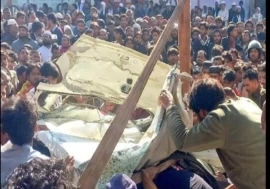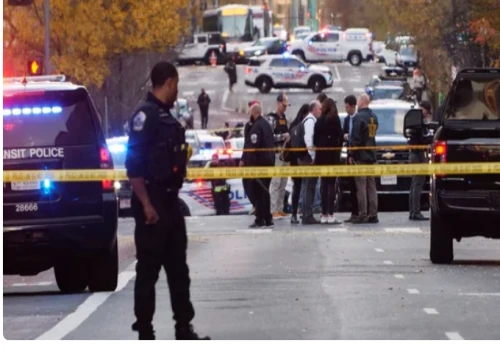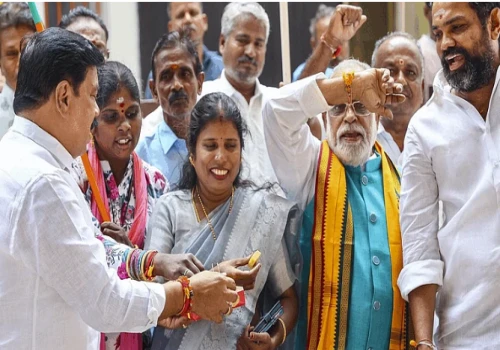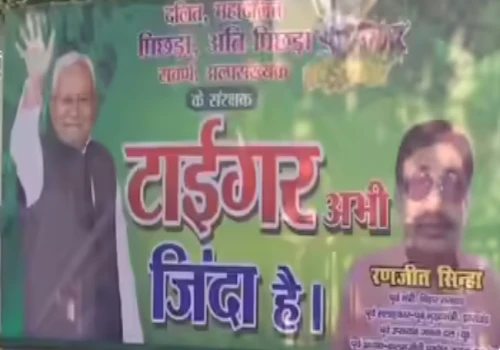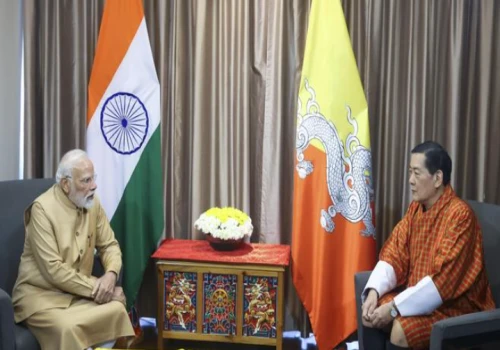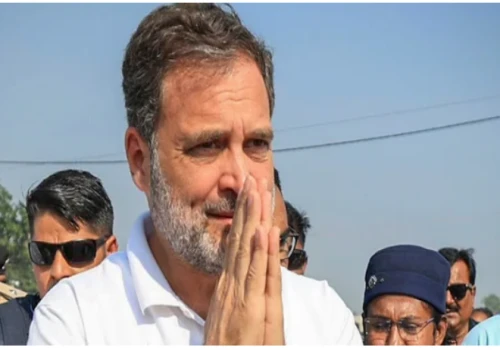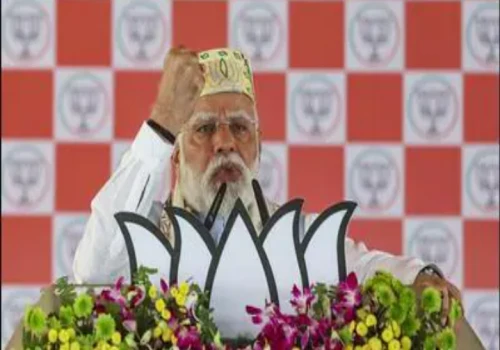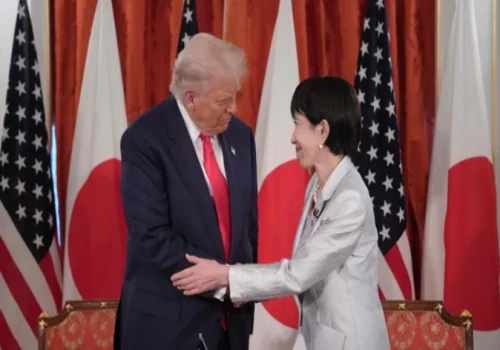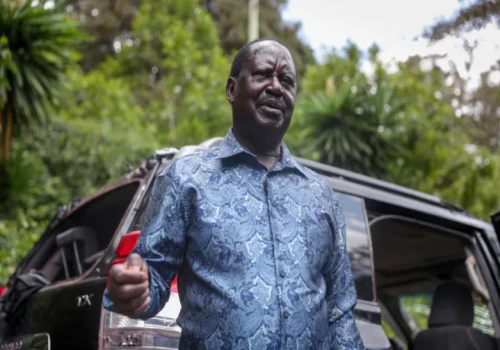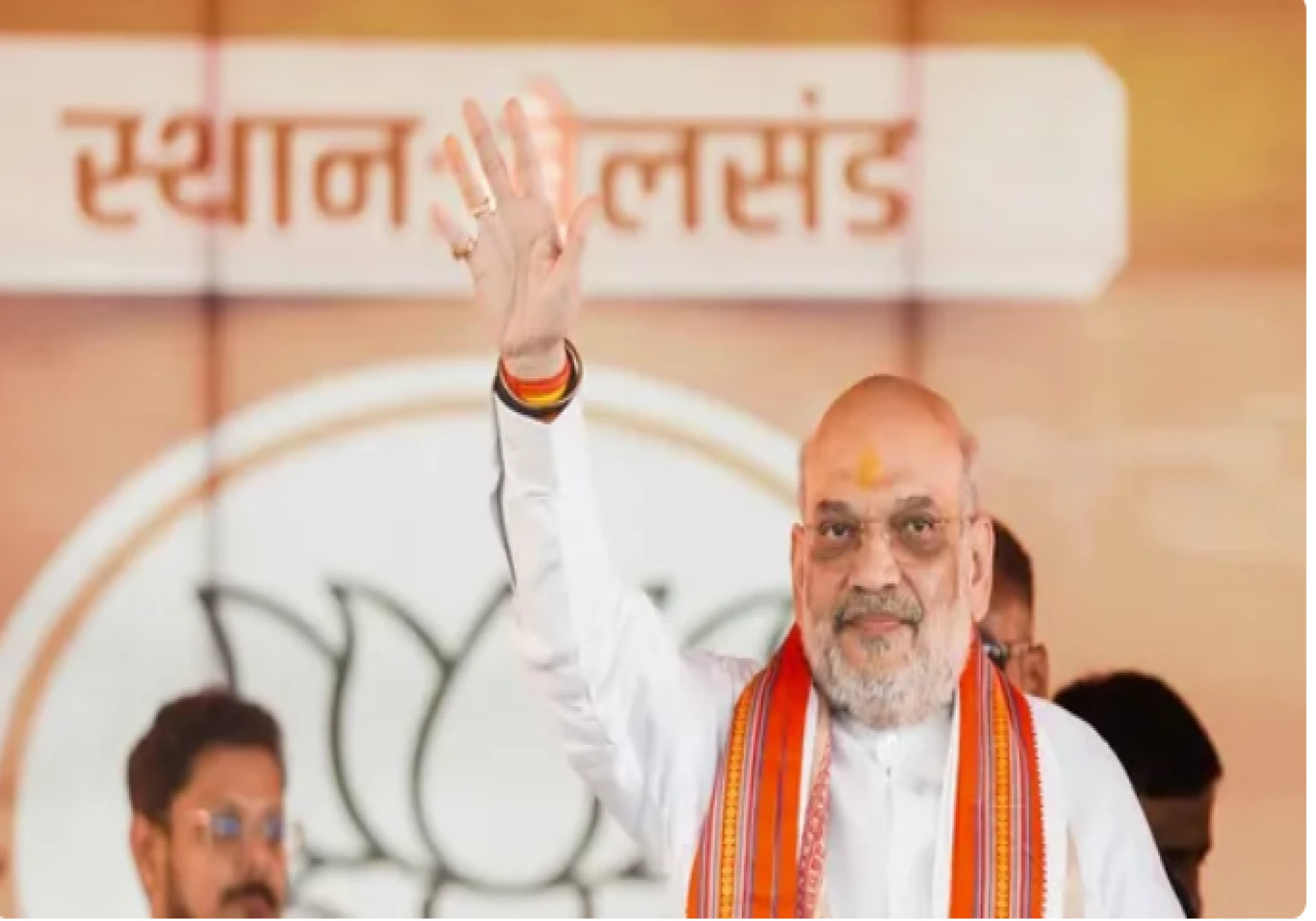
Rahul Gandhi and Tejashwi Yadav are facing sharp criticism for allegedly promoting infiltration in Bihar’s Seemanchal region, sparking a heated political debate ahead of upcoming elections.
The issue of illegal infiltration in Bihar’s Seemanchal region has once again become a major flashpoint in the political landscape. Senior leaders of the BJP have accused Congress leader Rahul Gandhi and RJD leader Tejashwi Yadav of deliberately turning Seemanchal into a “den of infiltrators.” The region, which shares its border with West Bengal and parts of Bangladesh, has long been a politically sensitive zone due to migration and communal composition.
BJP leaders claim that the opposition alliance, particularly the Congress and RJD, is appeasing certain vote banks at the cost of national security. They allege that under the guise of “inclusive politics,” the opposition is encouraging unchecked migration, thereby changing the demographic balance of the region.
However, both Rahul Gandhi and Tejashwi Yadav have denied the allegations, calling them politically motivated and a diversion tactic from real issues such as unemployment, inflation, and lack of development in the region. They argue that the BJP is attempting to communalize the issue to polarize voters before elections.
Political analysts believe that Seemanchal’s demographics make it a crucial electoral battleground, where both parties are trying to consolidate their base. The infiltration narrative has emerged as a key tool in shaping public perception and mobilizing votes.
As the political war of words intensifies, the people of Seemanchal continue to await genuine developmental policies that address poverty, education, and employment—issues often overshadowed by political
rhetoric.

